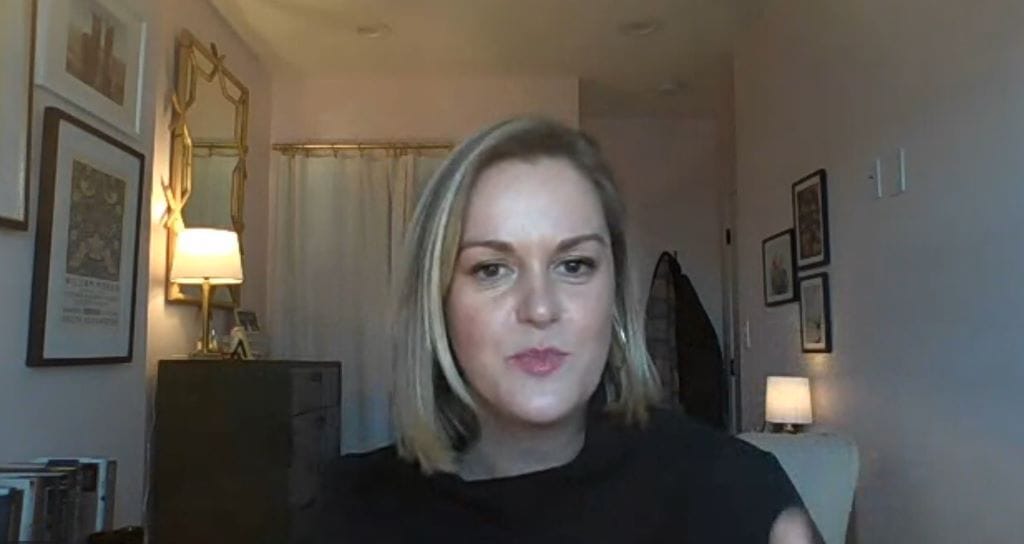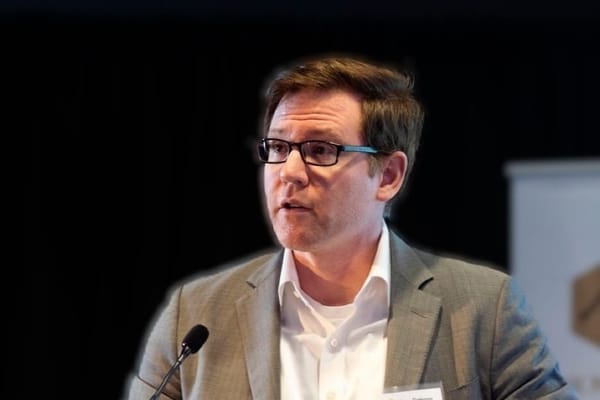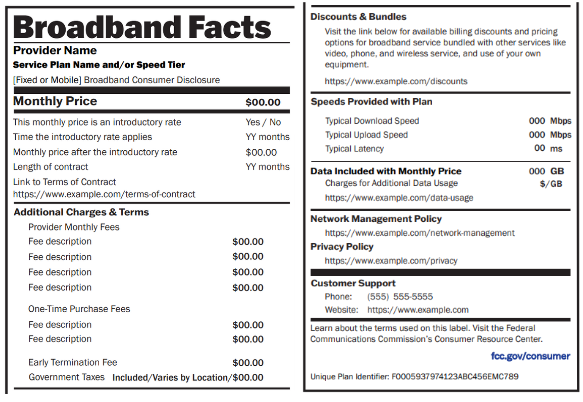Partnering With Existing Structures Will Support State Broadband Offices, Expert Says
By working with existing entities like utilities, states can establish more effective state offices.
Teralyn Whipple

WASHINGTON, February 9, 2023 – Working with existing structures in the community for data collection and planning will help establish effective state broadband offices, said Kathryn de Wit, project director for broadband access initiatives with the Pew Charitable Trusts, during an “Ask Me Anything!” event in the Broadband.money community on Friday.
The broadband world is moving from the mindset of building the cheapest solution that meets the minimum speed requirements and toward a mindset that considers long-term sustainability, said de Wit, speaking in an event hosted by Scott Woods, vice president of community engagement and strategic partnerships at Ready.net. It is important that communities work with those existing structures in local communities that can support their efforts to expand.
In particular, de Wit said, partnering with utility companies combines the intellectual capital from utilities and the expertise from broadband offices. This type of partnership blends the enforcement and rigor of utilities with programmatic strategy, she added.
Federal funding has traditionally been allocated through federal agencies, but new funding rounds are being allocated to states. Pew found that the digital divide is heavily influenced by state policy in its broadband research, said de Wit. Funds coming to states directly will have a positive impact on coordination efforts at the state offices, she said.
Effective state broadband offices balance state programs and requirements, current federal funds, and future federal funds coming down the pipeline, said de Wit. Because offices are working to simply keep their heads above water, it is important that they think “smart and strategically” when planning for funding allocations, she continued.
For these reasons, she said, states should actively work to include local stakeholders in broadband meetings by ensuring that meetings are held at convenient times for all interested parties, that the agenda is clear and easily accessible, and that the location is convenient.
In addition to coordinating with stakeholders and existing structures on planning efforts, states should work together with these entities to fill in the “missing gaps” in research and policy. Get down to the local level to measure change in economic and social impact over time, de Wit encouraged states. Research is about understanding the drivers that get people online, she said, and it’s essential that all perspectives are presented.
Furthermore, “we encourage states to set higher standards than program requirements,” said de Wit. By setting higher thresholds for service, states will naturally invest in technology with better lifespans and returns on investment for the public.
Pew’s broadband access initiative began as a research effort to determine what was effective for states in implementing broadband policy, and why. De Wit joined the program in early 2018 and has since researched how states interact with federal broadband funds.









Member discussion